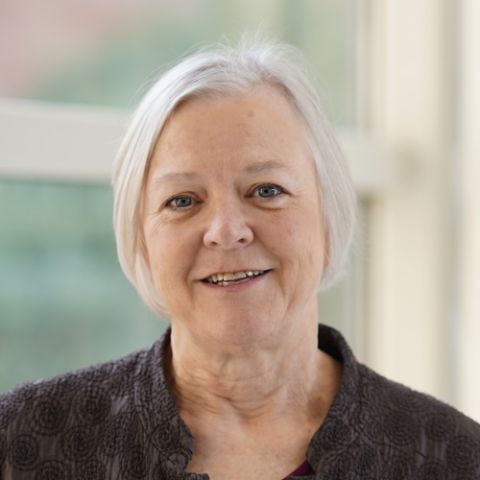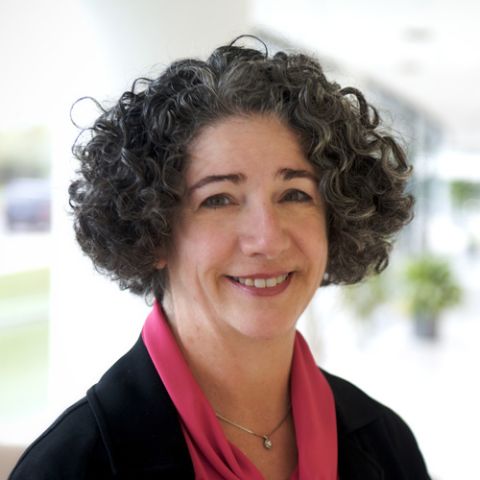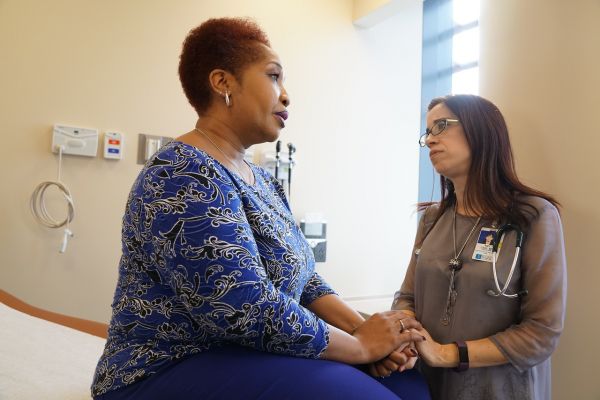Breast cancer is the second-leading cause of cancer death in African-American women, who are 41% more likely than white women to die of the disease. Part of the reason for this higher mortality rate is likely because African-American women are more likely to be diagnosed with a more aggressive form of breast cancer. In 2014, a study led by Christine Ambrosone, PhD, Senior Vice President of Population Sciences at Roswell Park Comprehensive Cancer Center, revealed a way to lower that risk. Now she and her colleagues are working to get the word out to African-American women who are expecting: Protect yourself by breastfeeding your babies.
There are different types of breast cancer, according to whether or not they express the estrogen receptor (ER). In ER-positive breast cancer, estrogen — a hormone — encourages the cancer cells to grow. Having children tends to lower the risk of ER-positive breast cancer — the type that’s more common in white women. But having children also increases the risk of ER-negative breast cancer — the more aggressive type that more often found in black women.
However, reviewing their own research, as well as research from other institutions, Ambrosone and her team discovered something astonishing: African-American women who breastfed their babies did not have an increased risk of ER-negative breast cancer.
“I was amazed by those findings,” says Dr. Ambrosone. “I thought, Why isn’t this on the front page? This is so important. If the risk of aggressive breast cancer increases a lot by having kids but goes away if you breastfeed, everybody needs to know that.”
Never miss another Cancer Talk blog!
Sign up to receive our monthly Cancer Talk e-newsletter.
Yet the solution wasn’t as easy as it seemed. Historically, African-American mothers have been less likely than white mothers to breastfeed their babies. In fact, the Centers for Disease Control and Prevention estimates that African-American mothers are 16% less likely to breastfeed. (So far, researchers have not been able to determine why.)
Dr. Ambrosone and her colleague, Dr. Deborah Erwin, are determined to change that. Dr. Erwin, Associate Director for Community Outreach and Engagement at Roswell Park, has created an education program for the National Witness Project, that will share the information found in Dr. Ambrosone's research with African-American women. The Witness Project educates medically underserved and African American women about the importance of cancer screening, through stories told by survivors of breast and cervical cancer.
“We took the findings from Dr. Ambrosone’s study and totally reformatted the educational program to focus on breast cancer risk factors for African-American women, and we are encouraging women we reach to educate and support young mothers to breastfeed, so that we may be able to prevent this ER-negative breast cancer,” says Dr. Erwin.
At the same time, a pilot study in Buffalo, funded by the National Cancer Institute, is using social media and messaging to encourage pregnant African-American women to breastfeed their babies. “So with the pilot study and the National Witness Project programs, we’re going the whole gamut, from young women to old women, so that the older moms and grandmothers can encourage younger women to breastfeed,” says Dr. Erwin.
We’ve known for a long time that breastfeeding is best for babies. Now we know it’s best for their moms, too. Pass it along.Learn more about the steps African-American women can take to reduce their risk and take action towards early detection of breast cancer.



